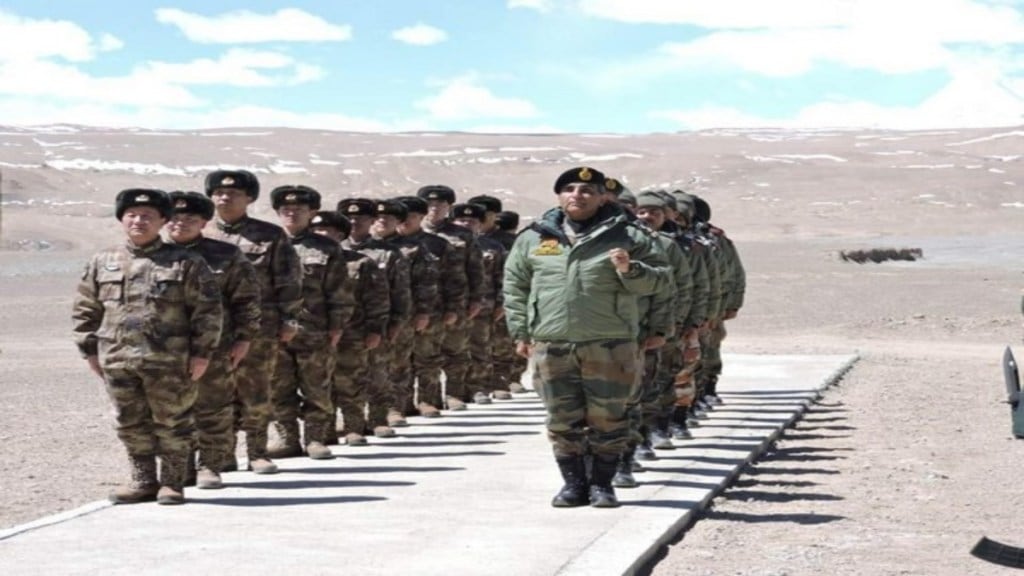The resumption of verification patrolling between India and China signals a hopeful turn in the historically strained bilateral relations. Following the conclusion of the last phase of military disengagement on October 21, 2024, Indian troops have commenced patrolling in the strategically significant Demchok and Depsang areas.
Official spokesperson for the Ministry of External Affairs (MEA), Randhir Jaiswal, announced during the weekly briefing on Saturday, “Verification patrolling has commenced on mutually agreed terms in Demchok and Depsang. We will keep you updated.”
A Historical Prelude
The return to patrolling along the Line of Actual Control (LAC) comes after a prolonged period of tension stemming from violent clashes in 2020 that resulted in the deaths of 20 Indian soldiers in the Galwan Valley. In the aftermath, both nations halted patrolling in these regions, marking over four years of heightened military alertness. The recent development represents a significant thaw in relations as the two armies resumed joint patrols on October 31, 2024, and celebrated Diwali by exchanging sweets—a gesture symbolizing goodwill amidst a turbulent history.
Rebuilding Bilateral Relations
Prime Minister Narendra Modi’s meeting with Chinese President Xi Jinping during the BRICS Summit in Kazan has laid the groundwork for diplomatic efforts to mend ties. Jaiswal indicated that the two leaders have agreed to utilize relevant dialogue mechanisms at the level of Foreign Ministers and other officials to address mutual concerns. “We will let you know when these mechanisms meet to deal with issues of each other’s interest and concern,” he stated, highlighting the commitment to a structured dialogue moving forward.
Verification Protocols and Future Steps
In light of the resumed patrolling, the Indian Army is actively verifying that Chinese forces have complied with the agreed troop withdrawals. Both sides are now required to inform each other before undertaking patrols, minimizing the risk of misunderstandings. Continued discussions between local commanders will be crucial for maintaining peace along the border.
Earlier this week, Defence minister Rajnath Singh, expressed optimism about future relations, stating, “We will try to go beyond disengagement, but that would take time.” This sentiment underscores a broader intention to cultivate more robust communication and cooperation between the two nations.
Strategic Importance of Depsang and Demchok
The Depsang plains hold significant strategic value for India, providing access to critical military infrastructure like the Daulat Beg Oldi airstrip. Maintaining control in Demchok is equally crucial, as it prevents potential threats to vital logistics in the region. Recent satellite imagery has shown both countries dismantling temporary structures and withdrawing troops in preparation for the harsh winter, further indicating a commitment to de-escalation.
Mutual Cooperation and Trust
To build mutual trust and stability, local-level commander talks involving officers of similar ranks are set to continue. Reports suggest that both nations are collaborating to refine patrolling modalities, paving the way for future cooperative endeavours. The exchange of sweets on Diwali between Indian and Chinese troops serves as a potent reminder of the potential for friendship and reconciliation.
International Perspective and Future Outlook
The recent developments have not gone unnoticed on the international stage. Zhang Xiaogang, spokesperson for China’s Ministry of National Defence, praised the progress made between the two countries, stating, “China and India have reached resolutions on the issues concerning the border areas through diplomatic and military channels.” This acknowledgment from China indicates a recognition of the importance of maintaining stability in the region.

